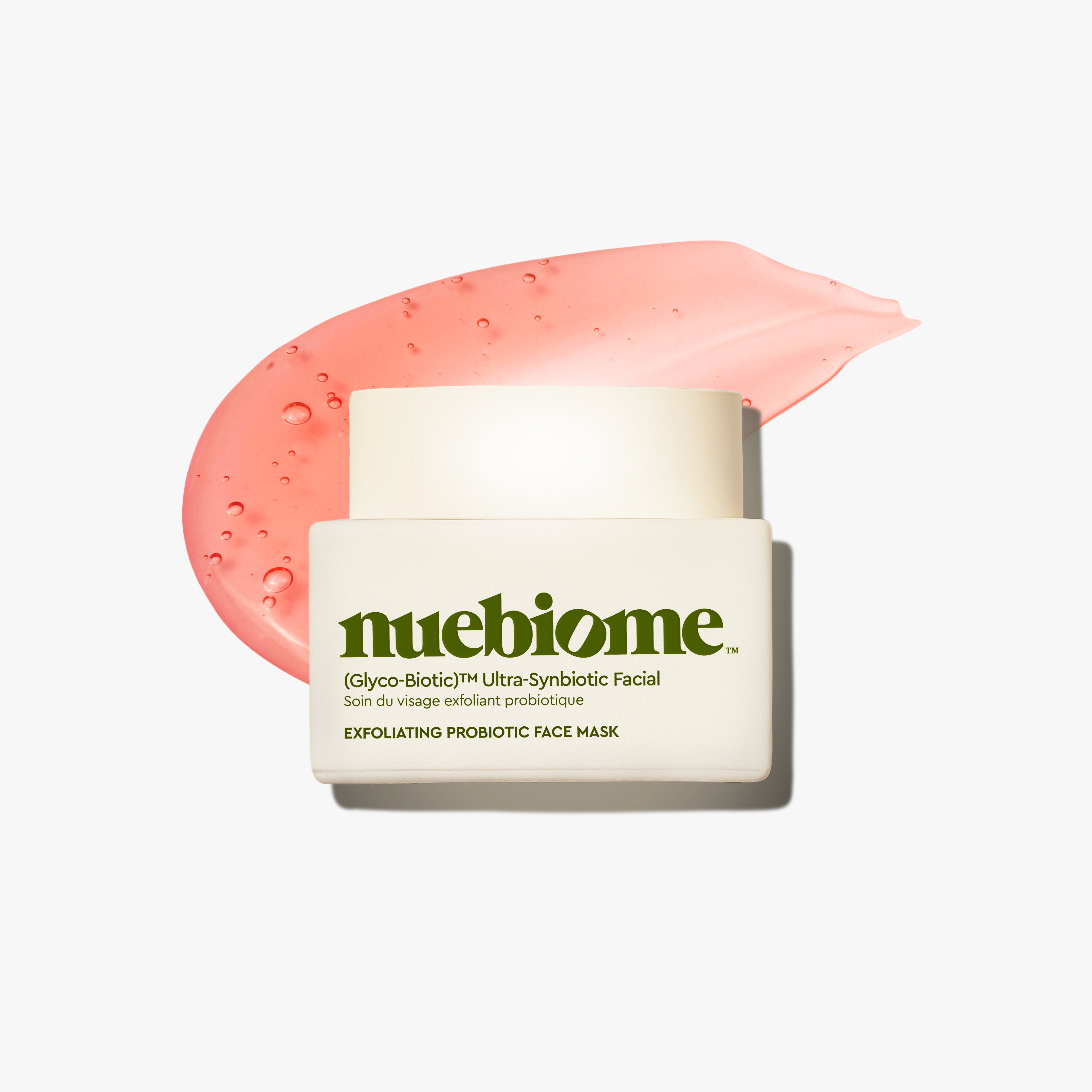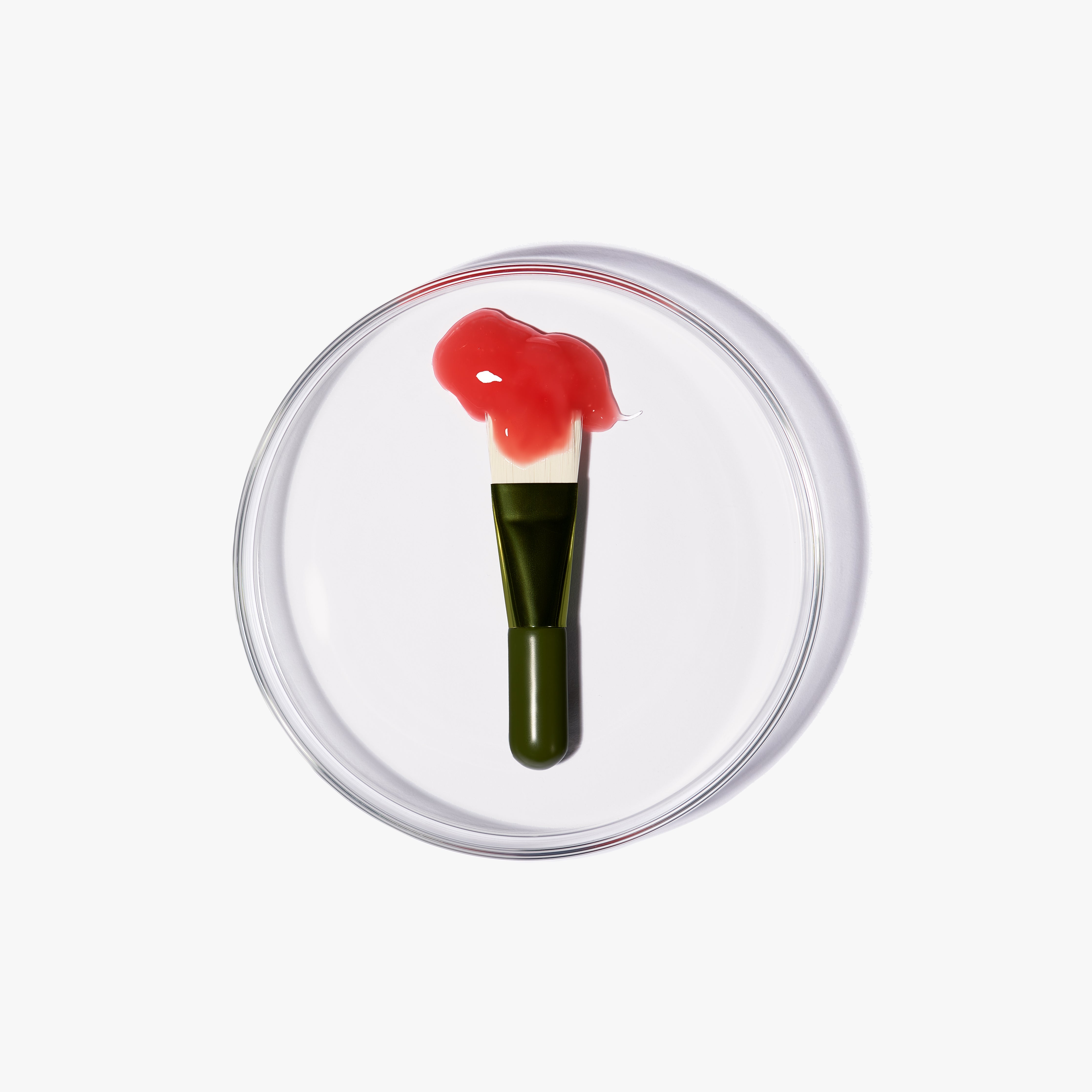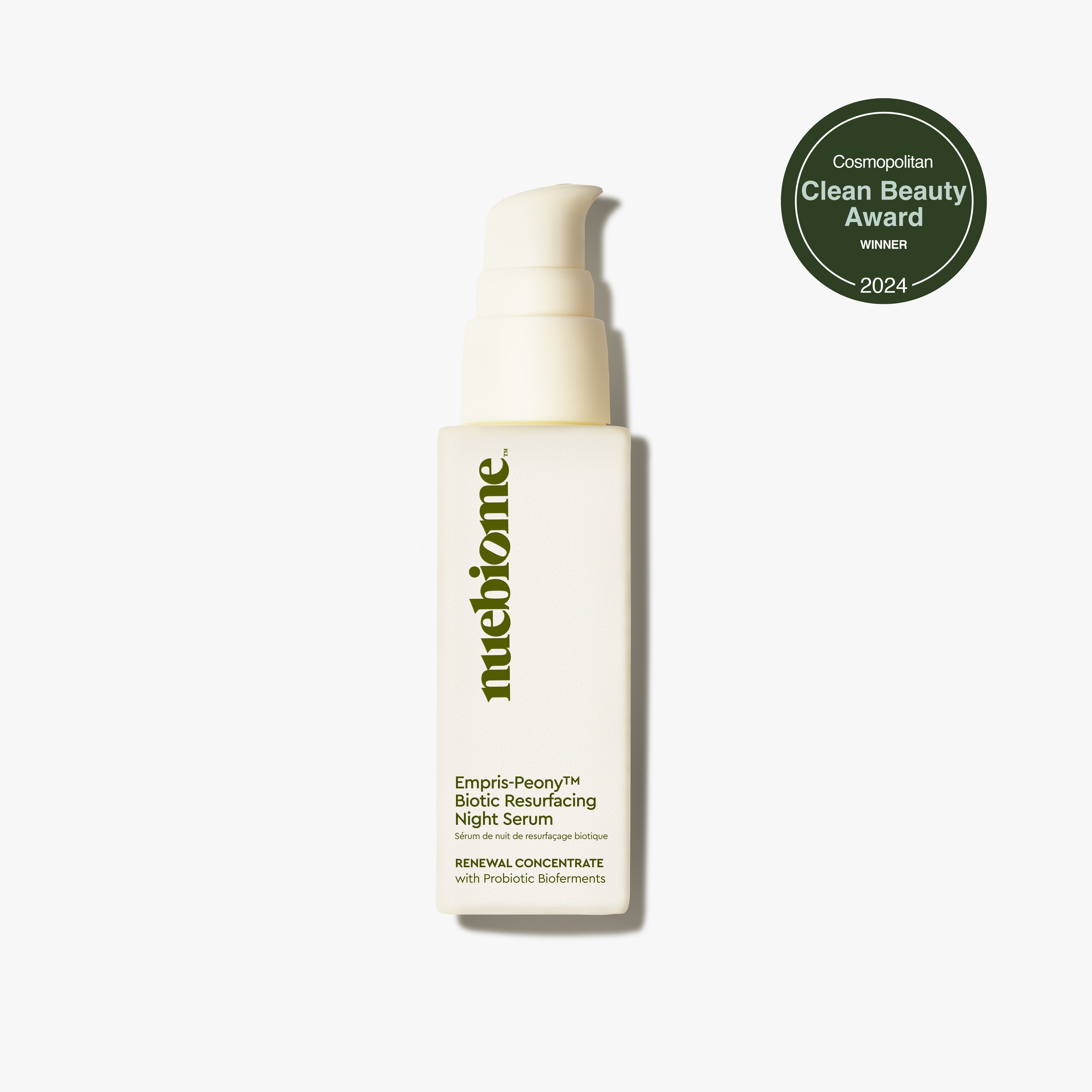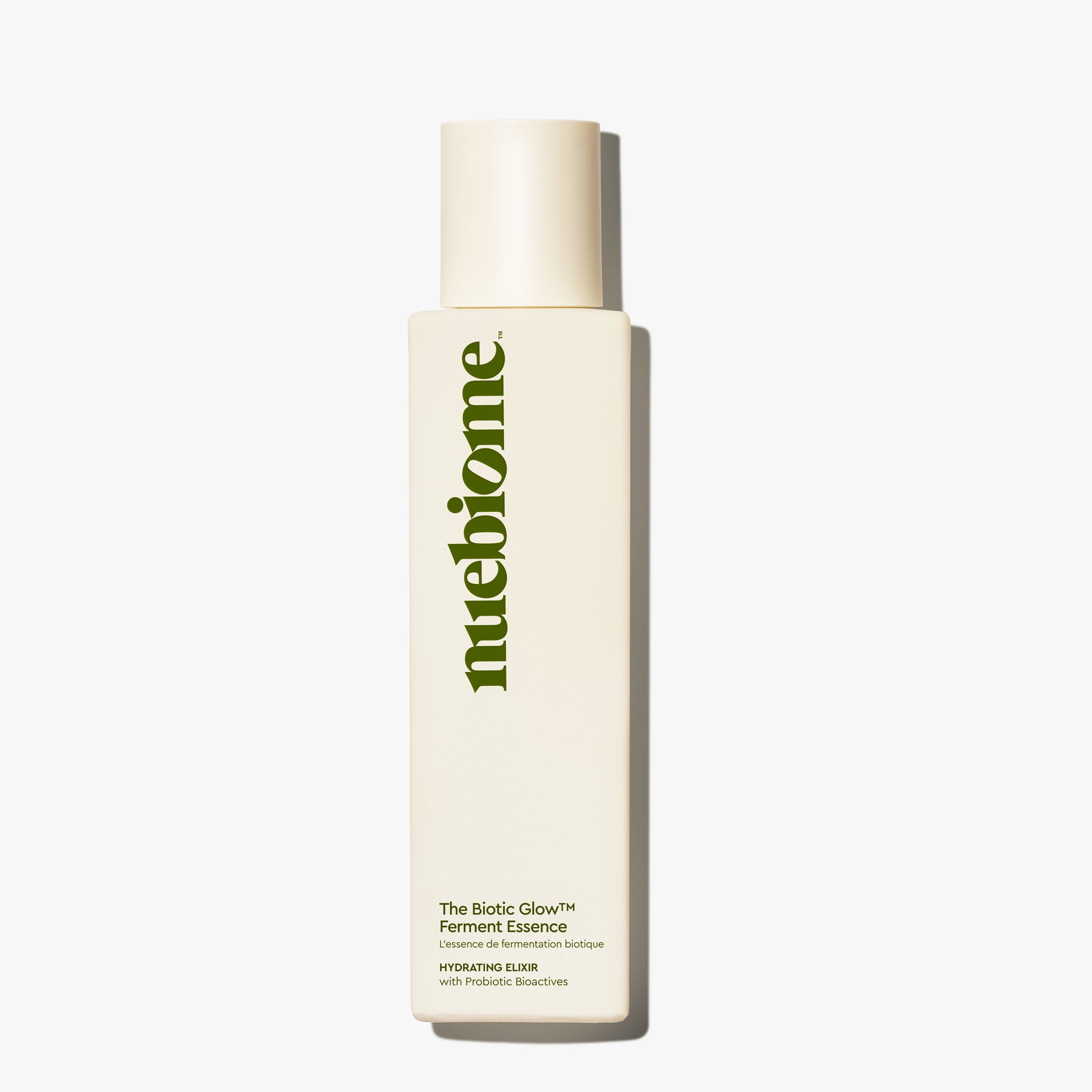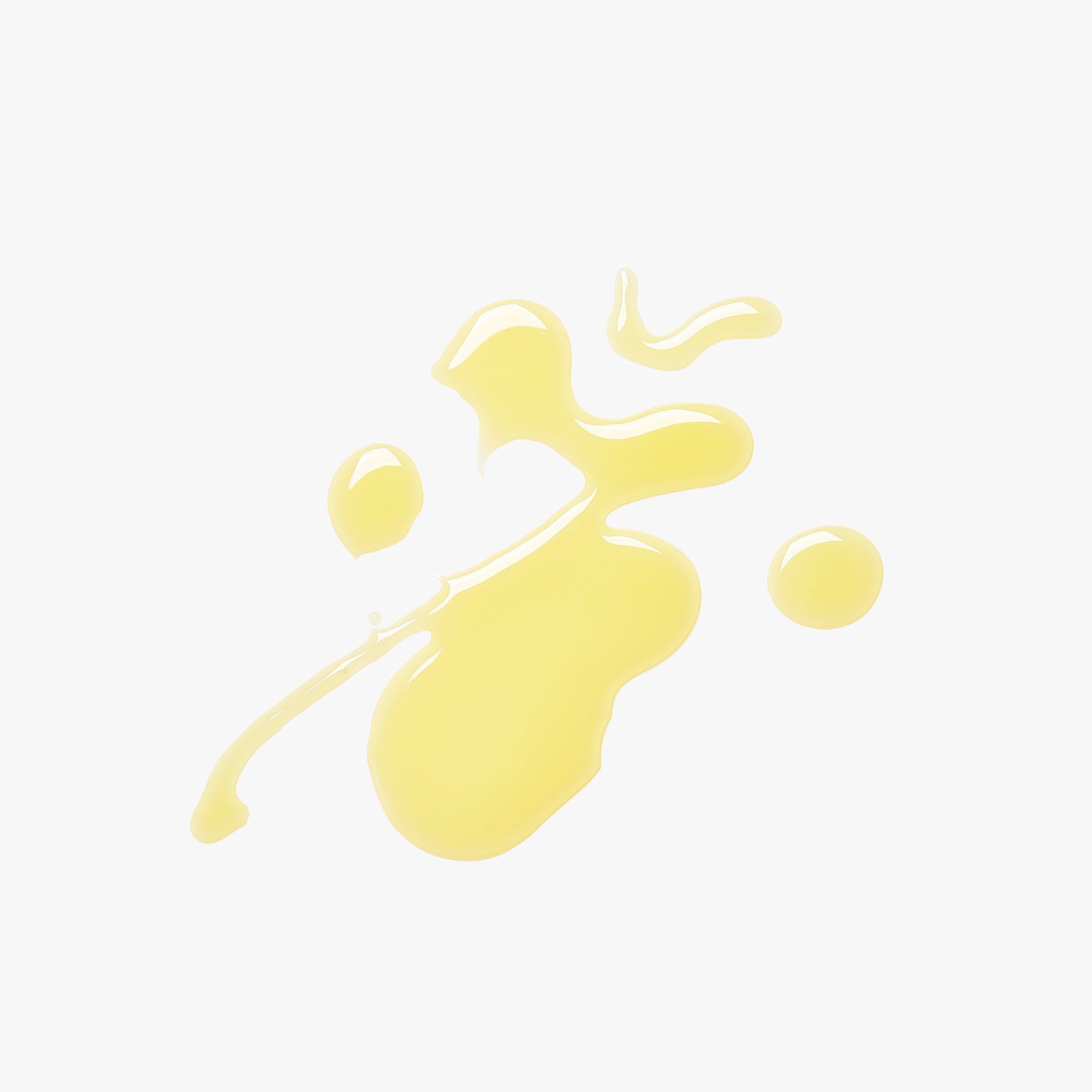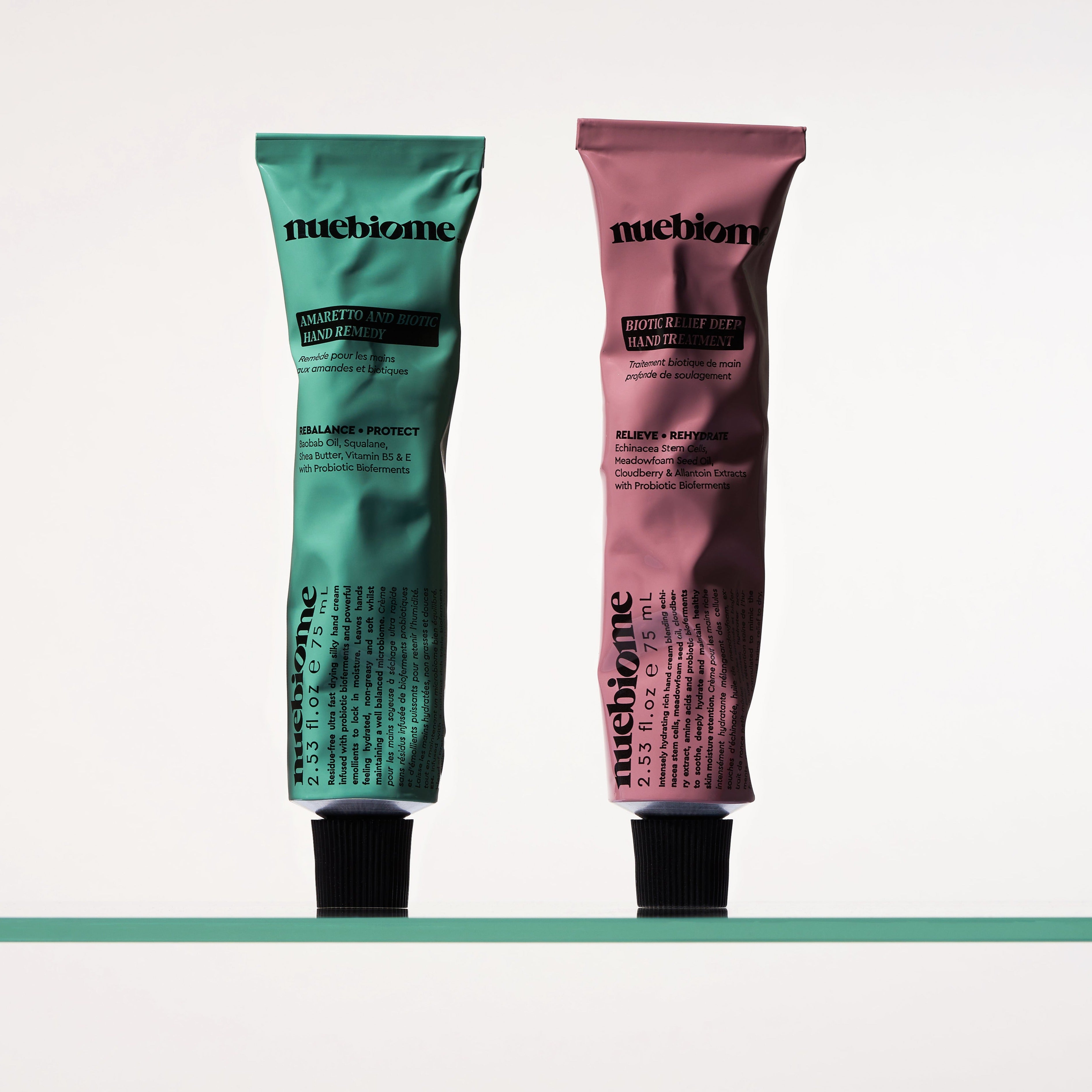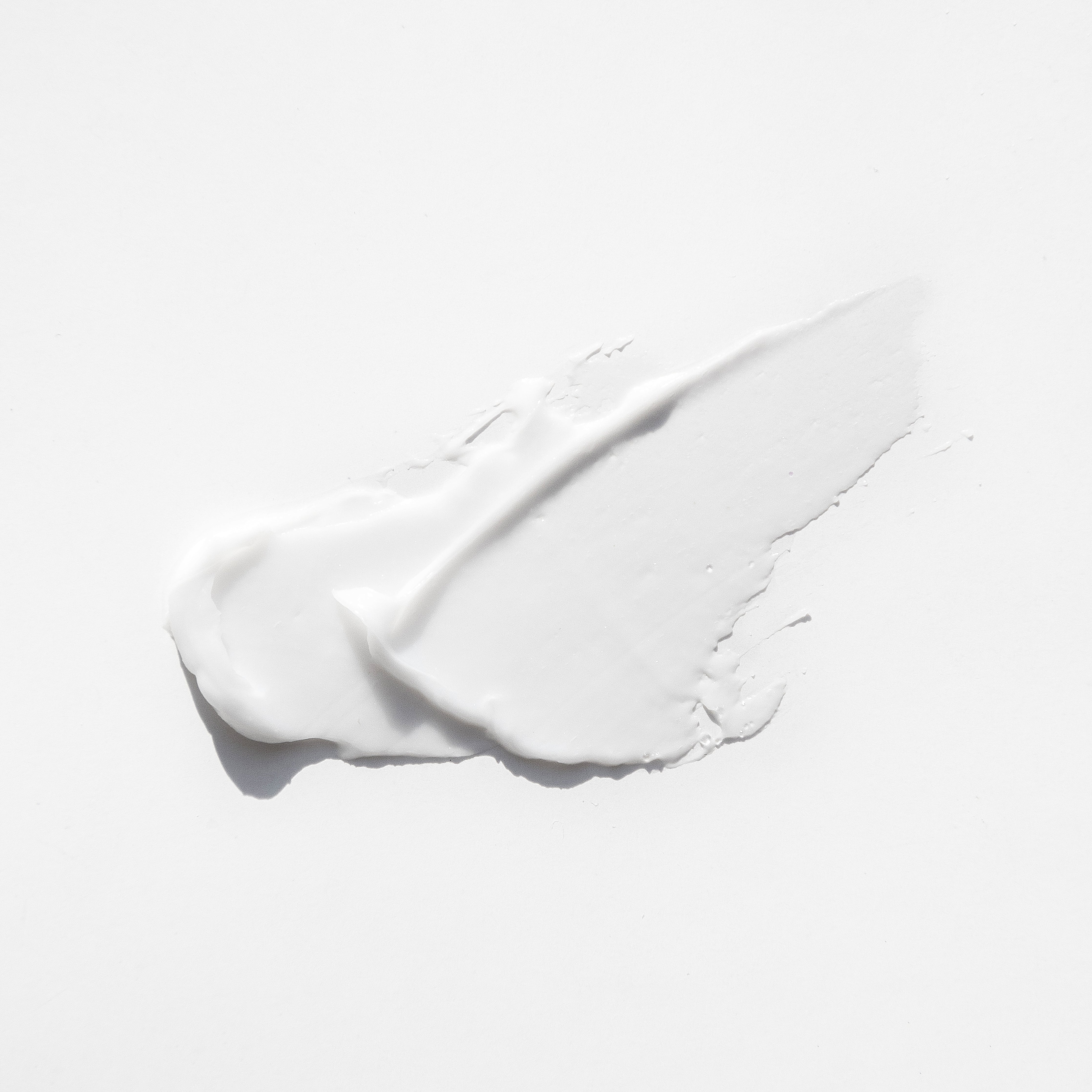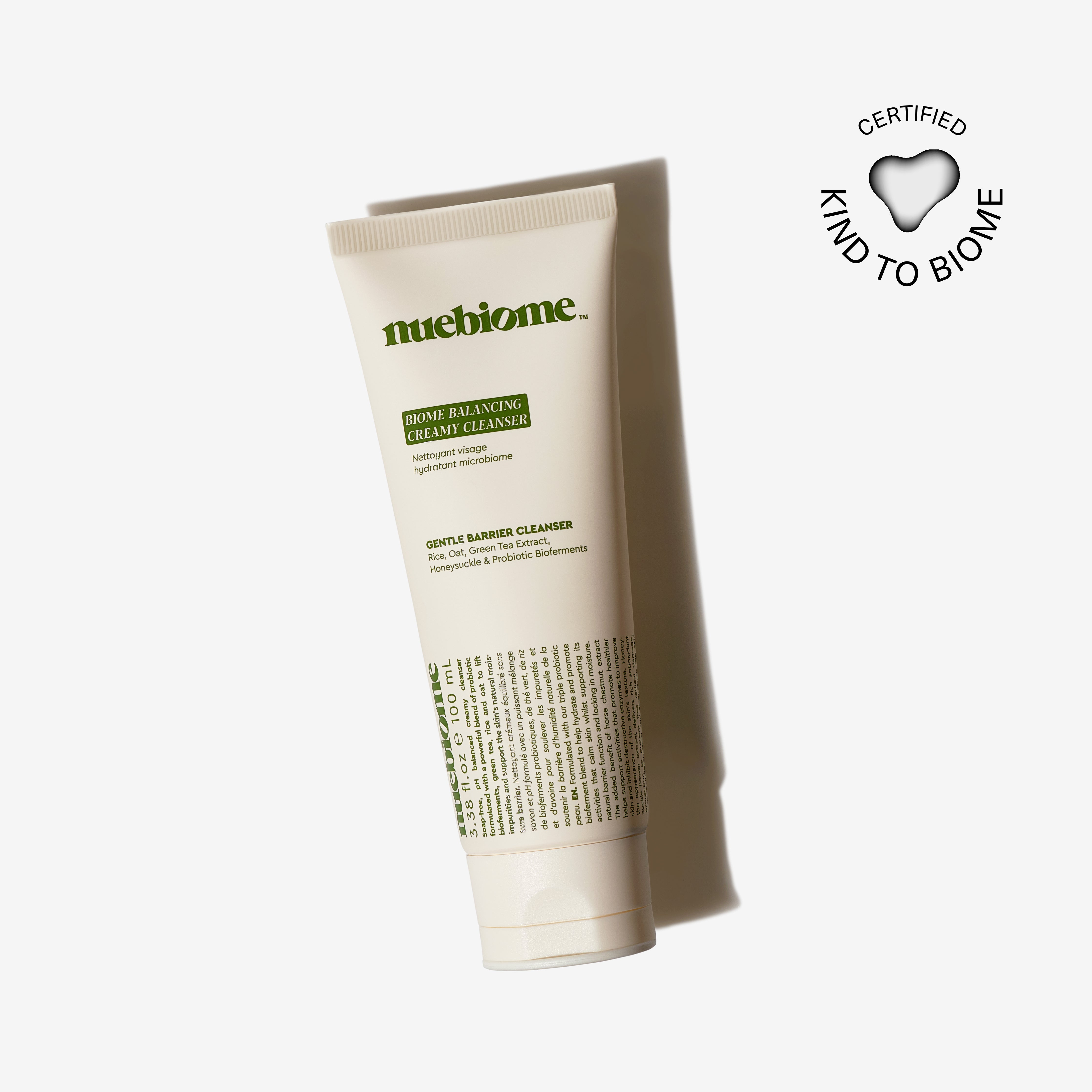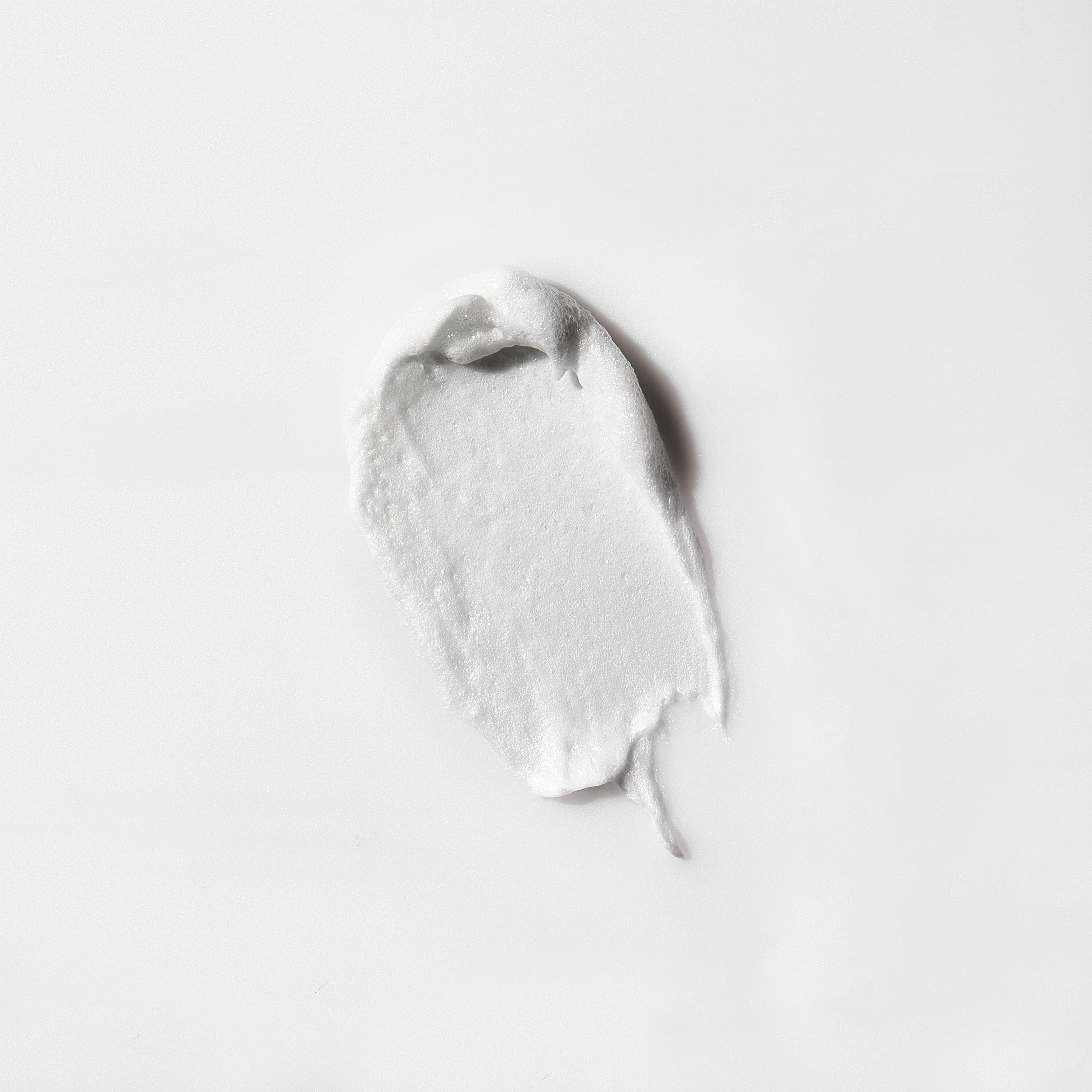In the vast, ever-evolving world of skincare, the quest for a youthful, radiant complexion often leads us to a crossroads. On one path stands the undisputed champion of anti-aging, a dermatologist-revered ingredient backed by decades of research: retinol. On the other, a revolutionary challenger is rapidly gaining ground, built on a cutting-edge understanding of skin health: probiotic skincare.
The debate is real and it’s filling our social feeds: Probiotic serum vs. retinol. Which one truly holds the key to turning back the clock on fine lines, dullness, and loss of firmness?
As pioneers in microbiome-first skincare, we at nuebiome live and breathe this topic. We believe that true radiance comes from skin that is healthy and balanced from its very foundation. The answer isn’t about which ingredient is “better,” but which is fundamentally right for you and your skin’s unique needs.
Let’s break down these two anti-aging titans, so you can make an empowered, informed decision for your routine.
The Gold Standard: Understanding Retinol
If you've spent any time researching anti-aging, you've encountered retinol. It's a derivative of vitamin A and is perhaps the most scientifically validated topical anti-aging ingredient available over-the-counter. Its reputation is well-earned, but it comes with a few important caveats.
How Retinol Works: The Cellular Trainer
Think of retinol as a personal trainer for your skin cells. Its primary mechanism is to accelerate cellular turnover. It signals your skin to shed old, dull, and damaged surface cells more quickly and bring fresh, new, healthy cells to the surface.
Simultaneously, it dives deeper into the dermis to stimulate the production of collagen and elastin—the very proteins that give your skin its plumpness, structure, and bounce. This dual action is what makes it so effective.
The Proven Benefits of Retinol
When used consistently and correctly, retinol can deliver impressive, visible results: * Reduces Fine Lines & Wrinkles: By boosting collagen, it helps to plump the skin from within, softening the appearance of lines. * Improves Skin Texture: The rapid cell turnover smooths rough patches and creates a more refined surface. * Fades Hyperpigmentation: It helps to disperse melanin clusters, reducing the appearance of sun spots, age spots, and post-acne marks. * Manages Acne: By keeping pores clear of dead skin cells, it can be an effective tool in managing breakouts.
The "Retinization" Period & Potential Downsides
Here’s the part of the story that often gets whispered: retinol is notoriously aggressive. The initial phase of use, often called the “retinization” or “retinoid uglies,” can be challenging. Because it’s actively re-training your skin, you can expect: * Dryness and flaking * Redness and irritation * Increased sensitivity
This period can last for several weeks, and for many people, especially those with sensitive, dry, or reactive skin, the irritation never fully subsides. Retinol also significantly increases photosensitivity, making diligent, daily use of a broad-spectrum sunscreen absolutely non-negotiable. It is not recommended for use during pregnancy or breastfeeding.
The Biome-First Revolution: The Rise of Probiotic Serums
While retinol works by forcing a change in the skin, probiotic skincare operates on a different, more holistic philosophy: nurturing balance. This approach focuses on supporting your skin’s delicate ecosystem, known as the skin microbiome.

What is the Skin Microbiome?
Your skin is home to trillions of microorganisms—bacteria, fungi, and viruses—that live in a symbiotic community. A balanced, diverse microbiome is the gatekeeper of your skin’s health. It protects you from pathogens, helps manage inflammation, strengthens your skin barrier, and even produces skin-loving nutrients.
When this ecosystem is disrupted by harsh products, environmental stressors, or internal factors, it can lead to a cascade of issues: inflammation, sensitivity, dryness, premature aging, and conditions like eczema and rosacea.
How Probiotic Skincare Works: The Ecosystem Guardian
Probiotic skincare doesn’t involve slathering live bacteria on your face. Instead, it utilizes biotic ingredients—probiotics (in the form of lysates or ferments), prebiotics, and postbiotics—to rebalance and support your skin’s native microbiome.
- Probiotic Lysates/Ferments: These are beneficial bacterial components that signal your skin to increase its own defense mechanisms and reduce inflammatory responses.
- Prebiotics: These are "food" for your good bacteria, helping them thrive and outcompete harmful bacteria.
- Postbiotics: These are the beneficial byproducts created by probiotics, like hyaluronic acid, peptides, and vitamins, that directly nourish the skin.
By nurturing this ecosystem, you fortify your skin’s primary defense: the lipid barrier. A strong barrier is better at retaining moisture and defending against external aggressors, which is a cornerstone of anti-aging.
The Gentle Giant: Anti-Aging Benefits of Biotics
A probiotic-powered serum tackles aging from a foundational, barrier-supportive angle: * Reduces Inflammation: Chronic, low-grade inflammation is a key driver of aging (a phenomenon known as "inflammaging"). Biotics help calm this inflammation, preserving your precious collagen. * Boosts Hydration: By strengthening the skin barrier, biotic ingredients prevent transepidermal water loss (TEWL), keeping skin hydrated, plump, and dewy. * Improves Resilience: Skin with a balanced microbiome is stronger and less reactive to environmental stressors like pollution and UV radiation, which cause oxidative stress and accelerate aging. * Gently Resurfaces: Certain ferments, like the ones we use at nuebiome, contain naturally occurring lactic acid and enzymes that provide a micro-exfoliating effect, revealing brighter skin without the irritation of stronger actives.
Head-to-Head: Retinol vs. Probiotic Serum
| Feature | Retinol | Probiotic Serum |
|---|---|---|
| Primary Goal | Aggressive cell turnover, collagen stimulation. | Barrier fortification, inflammation reduction. |
| Mechanism | Forces a top-down change in skin function. | Nurtures a bottom-up balance for skin health. |
| Best For | Tolerant, oily, sun-damaged, acne-prone skin. | All skin types, especially sensitive, dry, reactive, or compromised. |
| Experience | Can cause irritation, dryness, and peeling ("retinization"). | Soothing, hydrating, and calming from first use. |
| Sun Sensitivity | Significantly increases photosensitivity. | Does not increase photosensitivity (but SPF is still a must!). |
| Key Outcome | Dramatic resurfacing and wrinkle reduction. | Increased resilience, hydration, and a lit-from-within glow. |
The Nuebiome Approach: You Don't Always Have to Choose
At nuebiome, we see this not as a battle, but as an opportunity for a sophisticated, personalized strategy. It’s not about “either/or.” It’s about “what, when, and how.”
For those with skin too sensitive for retinol, a powerful biotic serum is the ultimate anti-aging alternative. It delivers visible resurfacing and radiance-boosting results without compromising your skin barrier. Our Empris-Peony™ Biotic Resurfacing Night Serum is the hero of this philosophy. It combines a potent biotic ferment with regenerative Peony Root extract and a gentle dose of bakuchiol to visibly smooth texture, brighten the complexion, and firm the skin—all while actively soothing and supporting your microbiome. It’s the powerful anti-aging serum for those who thought powerful serums weren’t for them.
Just look at the incredible, calm, and clear results our customers are seeing. This is the power of working with your skin, not against it.
For seasoned retinol users, a probiotic serum is the perfect partner. The concept of "skin cycling" has become popular for a reason: your skin needs recovery days. Using a nourishing, barrier-repairing serum like the Empris-Peony™ on your "off nights" from retinol can dramatically reduce irritation, replenish hydration, and support your skin as it goes through the intense process of retinization. You get the power of retinol with the intelligent support of biotics.
Your Biome-Friendly Anti-Aging Verdict
So, probiotic serum vs. retinol?
Choose Retinol if: Your primary goal is aggressive treatment of deep wrinkles or stubborn texture, and your skin is resilient enough to tolerate the initial and ongoing irritation.
Choose a Probiotic Serum if: You have sensitive skin, your barrier is compromised, you prioritize a gentle-yet-effective approach, or you want to enhance your existing retinol routine. It’s for those who want to achieve a healthy, youthful glow by building skin health from the ground up.
Ultimately, the most modern and effective anti-aging strategy is one that honors your skin's biology. Whether you choose the gentle, supportive power of biotics as your standalone solution or as a partner to your existing routine, you are choosing to nurture your skin's foundational health. And that, we believe, is the true secret to timeless radiance.
